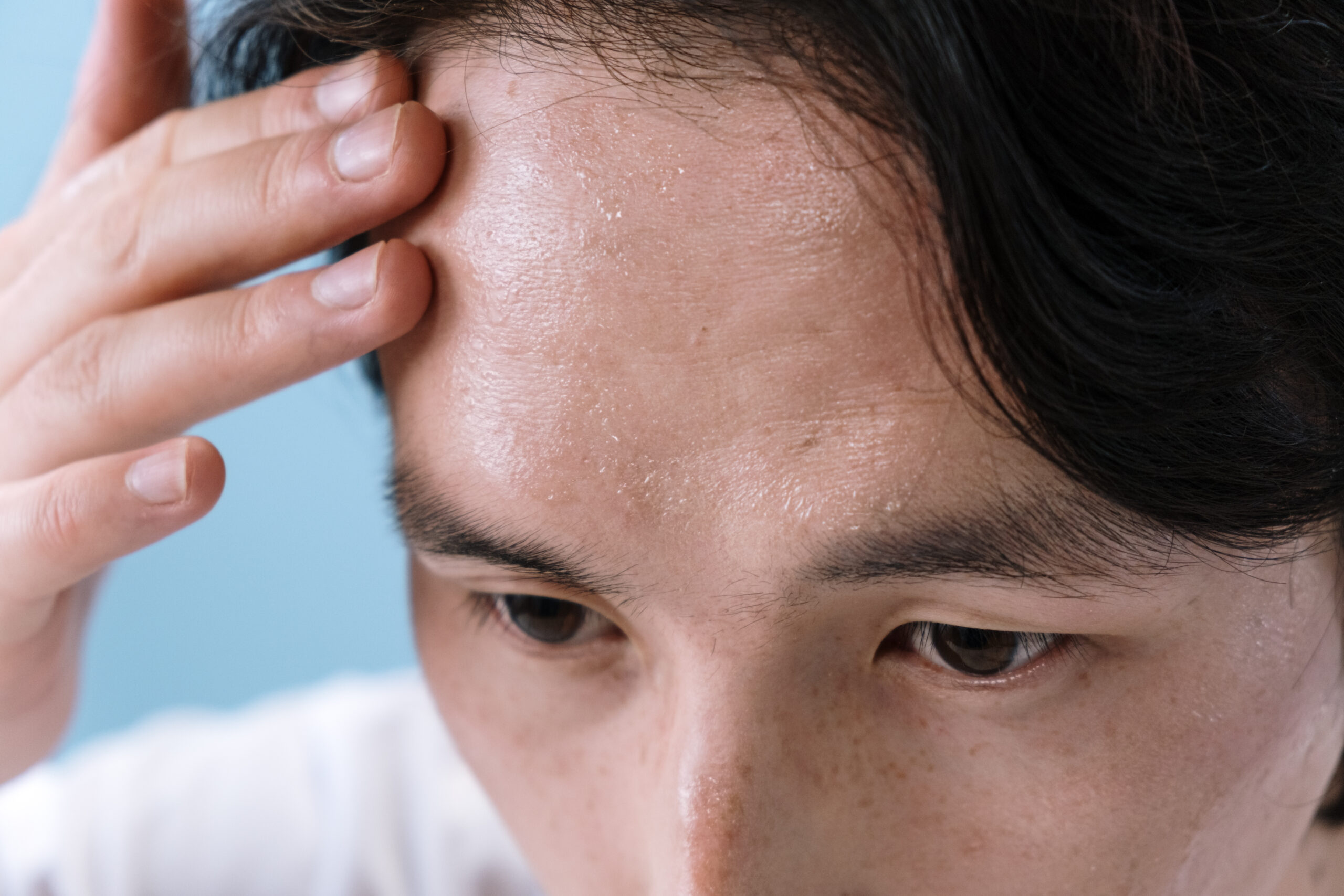What are the symptoms of hemorrhoids?
Title: Recognizing the Signs: Understanding the Symptoms of Hemorrhoids
Introduction:When it comes to addressing health concerns, knowledge is key. One common condition that affects millions of people worldwide is hemorrhoids. Often a taboo topic, hemorrhoids can cause discomfort and inconvenience if left untreated. In this blog, we will take a closer look at the symptoms of hemorrhoids, allowing you to identify and seek proper treatment early on.
1. Rectal Bleeding:One of the most common symptoms of hemorrhoids is rectal bleeding. This occurs when the swollen veins in the rectum or anus become irritated and rupture, resulting in bright red blood on toilet paper, in the toilet bowl, or on your stool. While rectal bleeding may not always indicate hemorrhoids, it’s essential to get it checked by a healthcare professional.
2. Itching and Irritation:Another telltale sign of hemorrhoids is intense itching and irritation in the anal area. This uncomfortable sensation is caused by mucus leakage from the hemorrhoidal tissue, leading to persistent itching. Scratching or rubbing the affected area can further aggravate the condition, potentially causing more discomfort.
3. Pain or Discomfort:Hemorrhoids can also cause pain or discomfort, especially during bowel movements. The swollen veins in the rectal area can lead to a feeling of pressure or fullness, making it difficult to pass stools comfortably. In some cases, the pain may persist even outside of bowel movements, making sitting or walking uncomfortable.
4. Swelling and Inflammation:Inflamed hemorrhoids can cause visible swelling around the anus, making it hard to ignore the condition. The swollen tissue may feel tender to touch and can often be felt as a lump or bulge near the opening of the anus. This swelling can make activities such as sitting for extended periods of time or participating in physical activities painful.
5. Prolapse or Protrusion:Hemorrhoids can sometimes protrude outside the anus, a condition known as prolapse. This can occur during bowel movements or persistently in more severe cases. Prolapsed hemorrhoids can be painful and may require medical attention. It’s essential to consult a healthcare professional if you experience this symptom.
Conclusion:Recognizing and understanding the symptoms of hemorrhoids is crucial for proper diagnosis and treatment. If you are experiencing rectal bleeding, itching, pain, swelling, or protrusion in the anal area, it’s essential to consult a healthcare professional who can provide a proper evaluation. Fortunately, there are various treatment options available, including lifestyle changes, over-the-counter medications, and, in severe cases, surgical interventions. Remember, addressing hemorrhoids early can help alleviate discomfort and prevent further complications, improving your overall quality of life.



